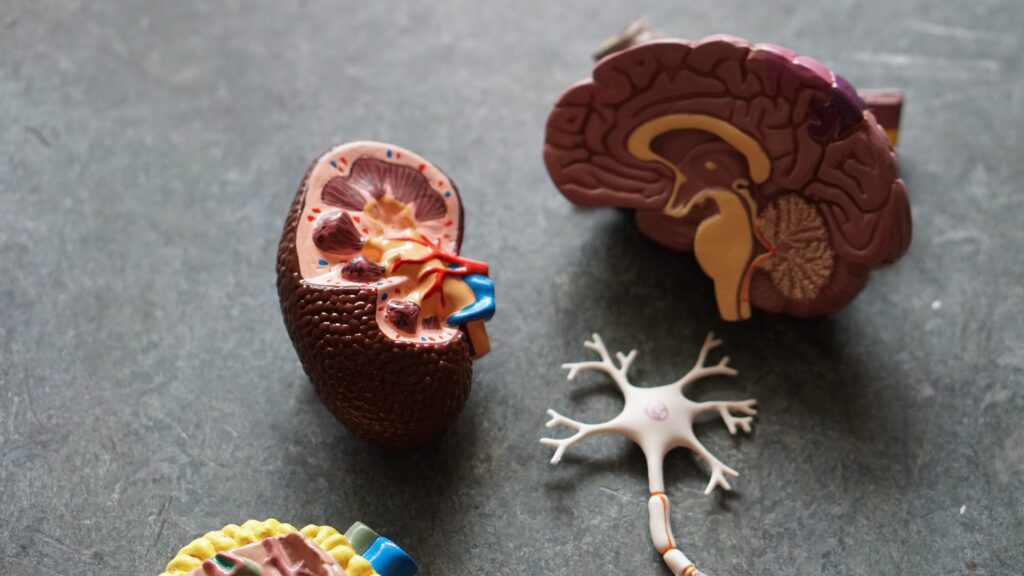Abstract
The Harmonized Diagnostic Assessment of Dementia for the Longitudinal Aging Study in India (LASI-DAD) is a nationally representative in-depth study of cognitive aging and dementia. We present a publicly available dataset of harmonized cognitive measures of 4,096 adults 60 years of age and older in India, collected across 18 states and union territories. Blood samples were obtained to carry out whole blood and serum-based assays. Results are included in a venous blood specimen datafile that can be linked to the Harmonized LASI-DAD dataset. A global screening array of 960 LASI-DAD respondents is also publicly available for download, in addition to neuroimaging data on 137 LASI-DAD participants. Altogether, these datasets provide comprehensive information on older adults in India that allow researchers to further understand risk factors associated with cognitive impairment and dementia.
The full study can be viewed at Scientific Data.
Lee, Petrosyan, S., Khobragade, P., Banerjee, J., Chien, S., Weerman, B., Gross, A., Hu, P., Smith, J. A., Zhao, W., Aksman, L., Jain, U., Shanthi, G. S., Kurup, R., Raman, A., Chakrabarti, S. S., Gambhir, I. S., Varghese, M., John, J. P., … Talukdar, A. (2023). Deep phenotyping and genomic data from a nationally representative study on dementia in India. Scientific Data, 10(1), 45–45.
Sign up for Schaeffer Center news

